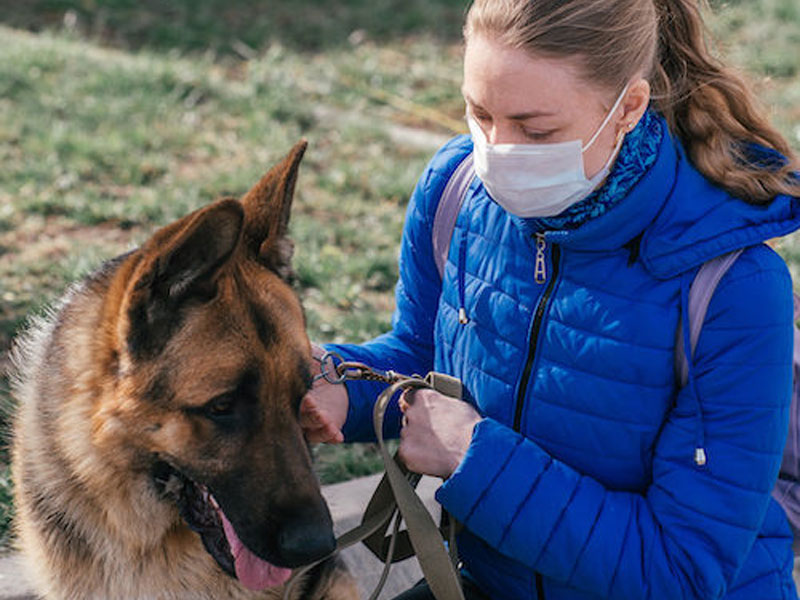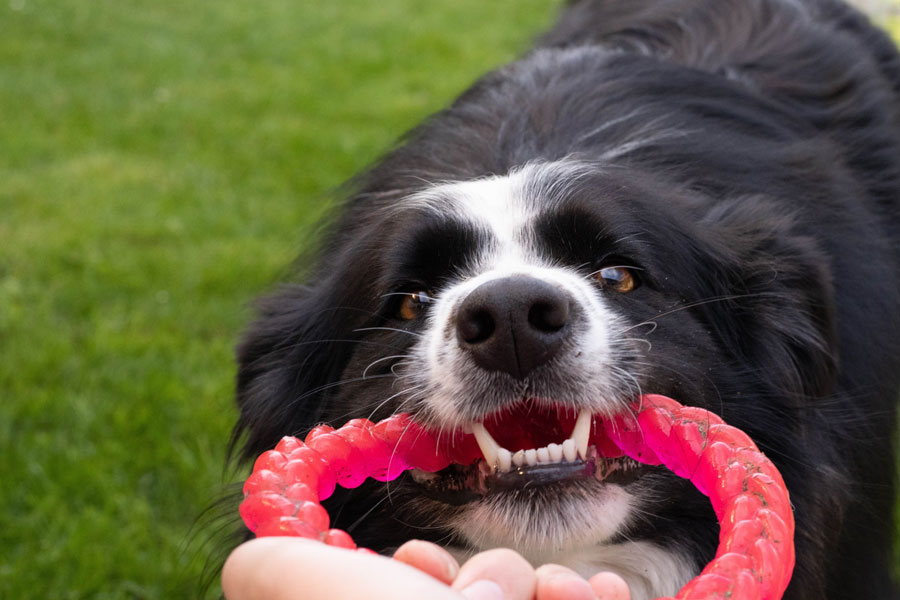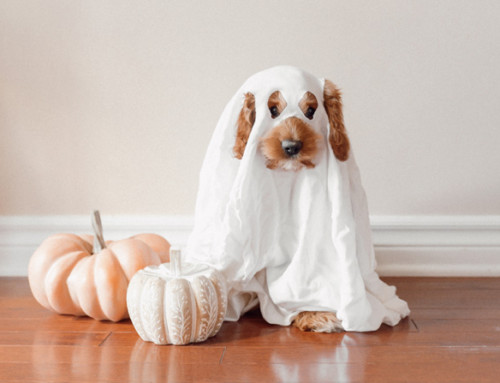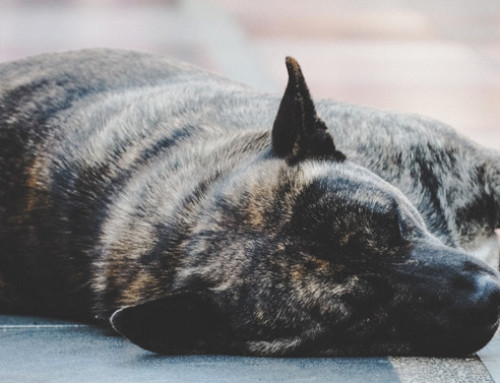As Victorians endure the second wave of COVID-19 restrictions, pet owners are relying heavily on their four-legged friends for emotional support and companionship.
However, while our purring pals and barking buddies are awesome at bringing love and happiness to their owners, it’s essential to consider pet care during COVID-19.
PETstock vet Dr Sasha Nefedova explains the importance of setting aside time to play with our pets, as well as how to make the most of your one-hour outdoor exercise limit with your pet.
Pet care 101 for Victorians in lockdown
Recent research data from Guide Dogs Australia revealed that 81% of Aussies relied on their pets for emotional support during COVID-19 lockdowns.
Yet while we humans struggle to cope we the effect on the COVID-19 pandemic and further restrictions, it’s important to remember the health and wellbeing of our fur pals.
Firstly, despite the feelings of anxiety and unease we may be feeling, we need to make time for playing with our trusty pets.
“Play is a fun and simple way to relieve stress. Including a five-minute in-door play session with your pet every few hours will positively impact their mental health and wellbeing, as well as yours. Playing with your pet can also help decrease destructive or unwanted behaviors and improve their social skills,” says Dr Nefedova.
“What’s more, spending quality time with your pet will improve your mood and help strengthen your relationship and bring comfort to you and your pet. Petting your fur pal can lower your heart rate and theirs too, so engaging with your pet regularly will have a positive impact on their wellbeing, particularly for pets that suffer from anxiety,” she adds.
Make the most of outdoor time
There are numerous fun ways to make the most of your one-hour daily exercise limit with your pet. Dr Nefedova suggests the following.
Have a 30-minute play session. Include a 30-minute outdoor play session every day to maximise your time spent outdoors. A short but stimulating session where you engage with your pet will not only be great for them but will act as a way for pet parents to relieve stress or feelings of claustrophobia.
Go on a bike ride. Try something new by taking a bike ride with your dog along a safe and pet-friendly bike track, however, please remember to stay within 5km of home.
Take toys to the park. Taking balls, frisbees or tug-o-war ropes to the park will keep your dog mentally and physically engaged and work as a valuable tool to strengthen your relationship.
Let the fun continue indoors
When your one-hour of outdoor exercise is complete for the day, why not get creative and use household items to introduce fun, mentally and physically challenging activities to your pet.
Organise a pet-friendly treasure hunt. Using toys or healthy treats to create an indoor treasure hunt will encourage your pet to use their senses and instinct to search.
Create an agility course. Whether your pet is a dog, cat, rabbit or guinea pig, an agility course is a fun way to challenge their mind. Try using shoes as hurdles, socks to create a maze or an ottoman as a step.
Use enrichment toys. Toys such as automated laser pointers, food puzzles, Kongs or cat wands give your pet a mentally stimulating ‘job’ that will keep your furry friend busy for hours.
Set up a training session. Try teaching your dog a new trick or skill! If you have a puppy, this is a great time to start obedience training.
Indeed, it’s vital to consider the importance of continuing pet care during COVID-19. After all, life has changed for our pets as well as us humans.
Pet care during COVID-19: a word on facemasks
Given that facemasks are now mandatory in Victoria, have we stopped to consider the impact this might have on our pets? For pets, seeing their owners in a mask can be frightening. It may cause them to feel scared or anxious.
However, there are steps you can take to help your pet feel more comfortable being around you when you’re wearing your mask. Here are Dr Nefedova’s top tips when introducing facemasks to pets.
“Gradually introduce your facemask to your pet. Start by wearing the mask partly on your face when you interact with your pet in a familiar and safe space, such as your home. This will help them feel comfortable leaving for their daily one-hour walk when the full mask is required.
“Make positive associations with face masks by using food as a reward. Food is a powerful tool in shaping your pet’s behaviour around masks. Rewarding your pets when wearing the mask will help build trust and reassure them.
“Finally, keep facemask sessions short and sweet. If your pet continues to demonstrate symptoms of anxiety, including shaking, licking of the lips or pacing, remove the mask and try again the next day.”
Dr Nefedova also points out, “There is limited evidence that pets and companion animals can get infected with COVID-19 and no evidence they can pass it to humans. Therefore, there is no need to place a face mask on your pet. In fact, doing so may cause them significant distress and in some cases cause life-threatening breathing difficulties.”
How are you managing to maintain optimal pet care during COVID-19?
Image source: Unsplash
Main image: American Kennel Club








Leave A Comment